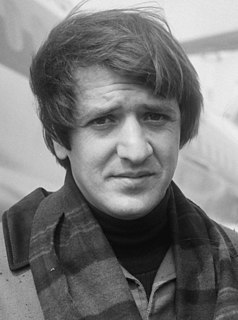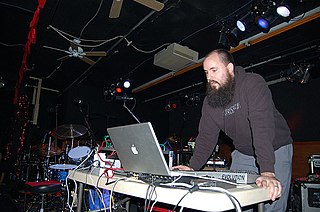A Quote by Ellen Ullman
Computer programming has always been a self-taught, maverick occupation.
Quote Topics
Related Quotes
I was brought up by a Victorian Grandmother. We were taught to work jolly hard. We were taught to prove yourself; we were taught self reliance; we were taught to live within our income. You were taught that cleanliness is next to Godliness. You were taught self respect. You were taught always to give a hand to your neighbour. You were taught tremendous pride in your country. All of these things are Victorian values. They are also perennial values. You don't hear so much about these things these days, but they were good values and they led to tremendous improvements in the standard of living.
I wanted to make an explicitly educational comic that taught readers the concepts I covered in my introductory programming class. That's what 'Secret Coders' is. It's both a fun story about a group of tweens who discover a secret coding school, and an explanation of some foundational ideas in computer science.
What is the central core of the subject [computer science]? What is it that distinguishes it from the separate subjects with which it is related? What is the linking thread which gathers these disparate branches into a single discipline. My answer to these questions is simple -it is the art of programming a computer. It is the art of designing efficient and elegant methods of getting a computer to solve problems, theoretical or practical, small or large, simple or complex. It is the art of translating this design into an effective and accurate computer program.
I was really looking at computers as a way to understand the mind. But at M.I.T., my mind was blown by having a whole computer to yourself as long as you liked.I felt a surge of intellectual power through access to this computer, and I started thinking about what this could mean for kids and the way they learn. That's when we developed the computer programming language for kids, Logo.

































